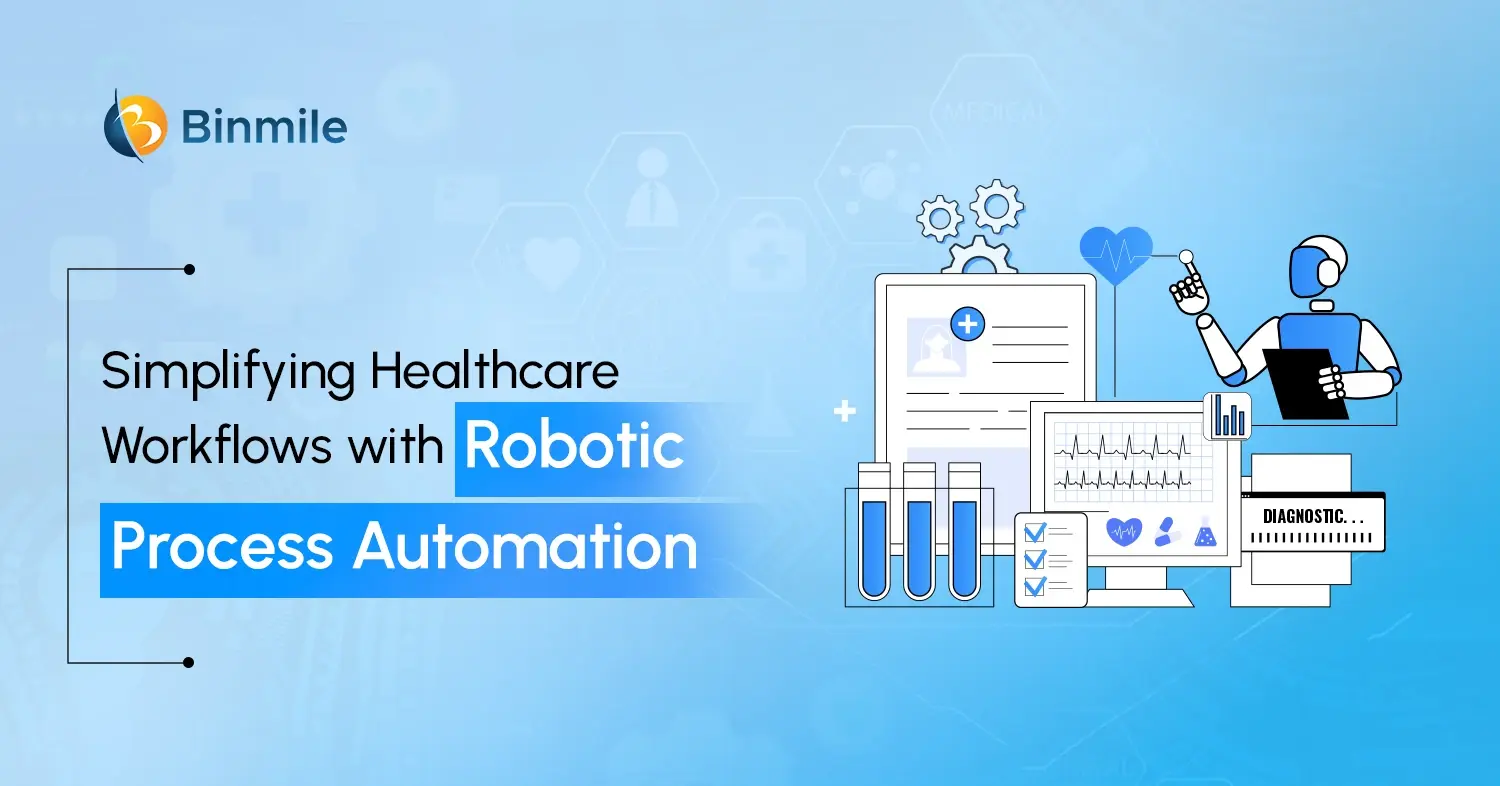App developers use many cross-platform mobile automation testing tools to test mobile applications’ validity, performance, and functionality. When it comes to picking a particular mobile testing tool that works for the most used mobile operating systems and saves you a lot of time and effort, Appium gives an edge. It is an open-source test automation framework for testing native, hybrid, and mobile web apps. Read the content and find out why Appium matters the most and is suitable for cross-platform app testing.
Why is Appium so Special?
Your search for a versatile mobile UI testing framework comes to an end when you pick up Appium for testing mobile apps with automation. According to Testing Trends Survey-2017 by Dimensional Research, “87 percent of development teams have adopted some level of test automation. About seventy percent of teams believe that Open source tools like Selenium and Appium are most popular.” Moreover, the framework drives iOS and Android with Windows apps using the WebDriver protocol. Have a look at the following points showing why Appium makes a real difference for both the developer and mobile app owner. These include:
- Appium functions as a server.
- It runs in the background like a Selenium Server.
- It aims at tests developed using development tools.
- It automates with any mobile app developed in different frameworks and programming languages.
- It has a built-in UI Automator.
- It lets developers take control with full access to databases and back-end APIs.
- It produces a detailed information log with a clear reporting structure.
- It synchronizes with the TestNG testing framework.
Being an open-source test automation framework, Appium allows UI test creation for native, mobile, and hybrid apps. It covers not only native mobile platforms but also supports code reuse across test suites. Like the Selenium framework, Appium is easy to set up.
Mobile Application Types for Automated Testing using Appium
Appium is by far the most universal mobile UI testing framework offering support to automation across iOS mobile, Android mobile, and Windows desktop platforms. Appium server displays REST API to execute command action, listen to command action, receive a connection from client action, and respond to the command execution status action. Interestingly, the Appium framework automates all kinds of native, mobile web, and hybrid apps successfully.
- Native apps are created especially for a specific device and operating system. These downloadable apps are installed on mobile appliances. Users can download them from an App Store or Google Play store for installing on handheld devices. Developers make native apps using programming languages for a platform.
- Hybrid apps are different from native apps as they are built to run on other platforms. A hybrid app has a casing around a “webview.” The webview simplifies communication with web content. Such an app converts to natural codes on iOS or Android platforms. The app also uses a browser view and approaches features on mobile devices.
- Mobile web apps run on mobile devices and can be accessed by using a mobile browser. Users needn’t install these apps as they are invented to make content accessible on mobile.
To make the most out of your mobile app, you must choose the right mobile automation testing tool and a test automation company. If you are searching for help on what suits you the best, ask Binmile Technologies for better solutions.
The testing automation company has expertise in using the Appium framework. You can get expert consulting for making your app free from all sorts of performance and quality glitches.









